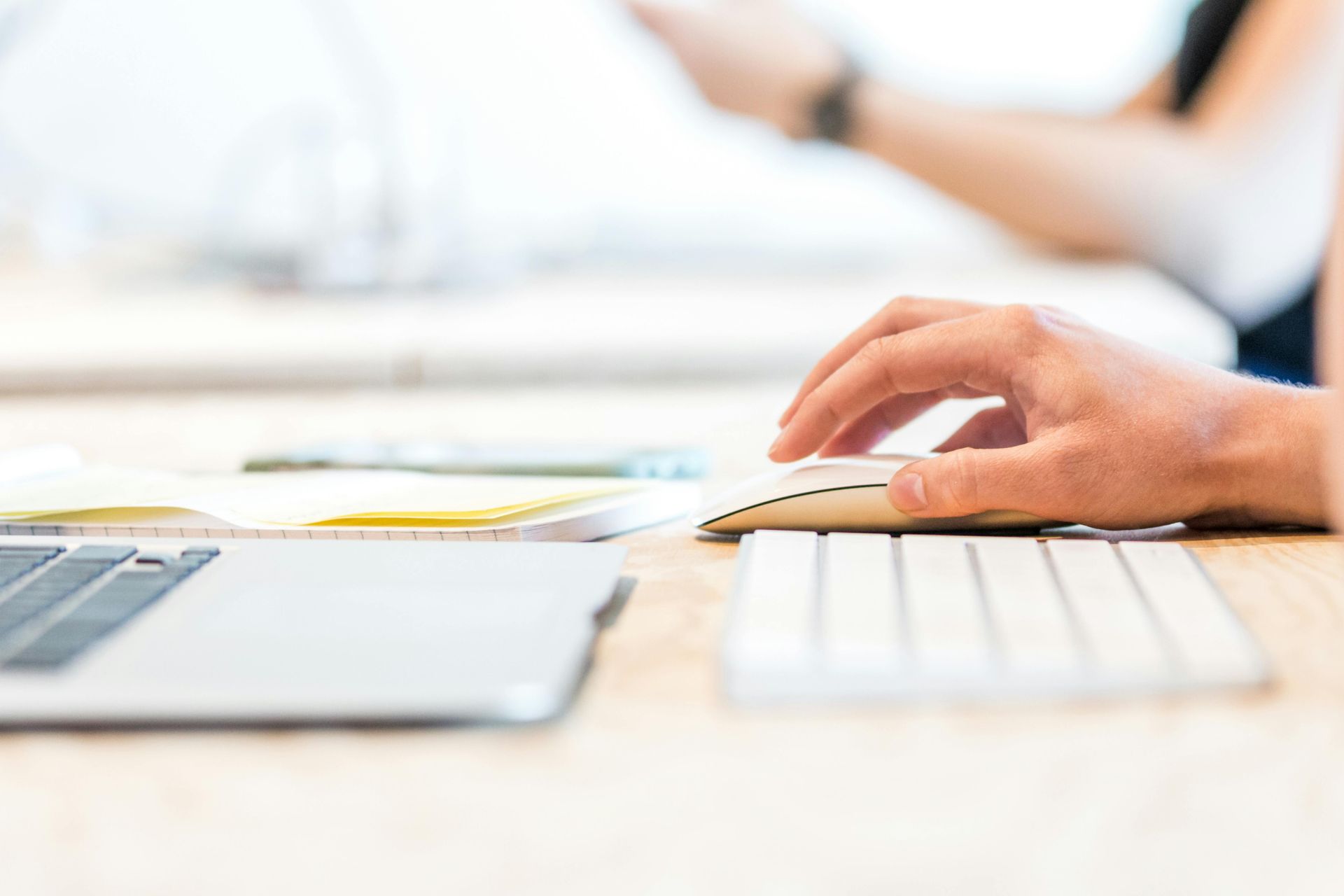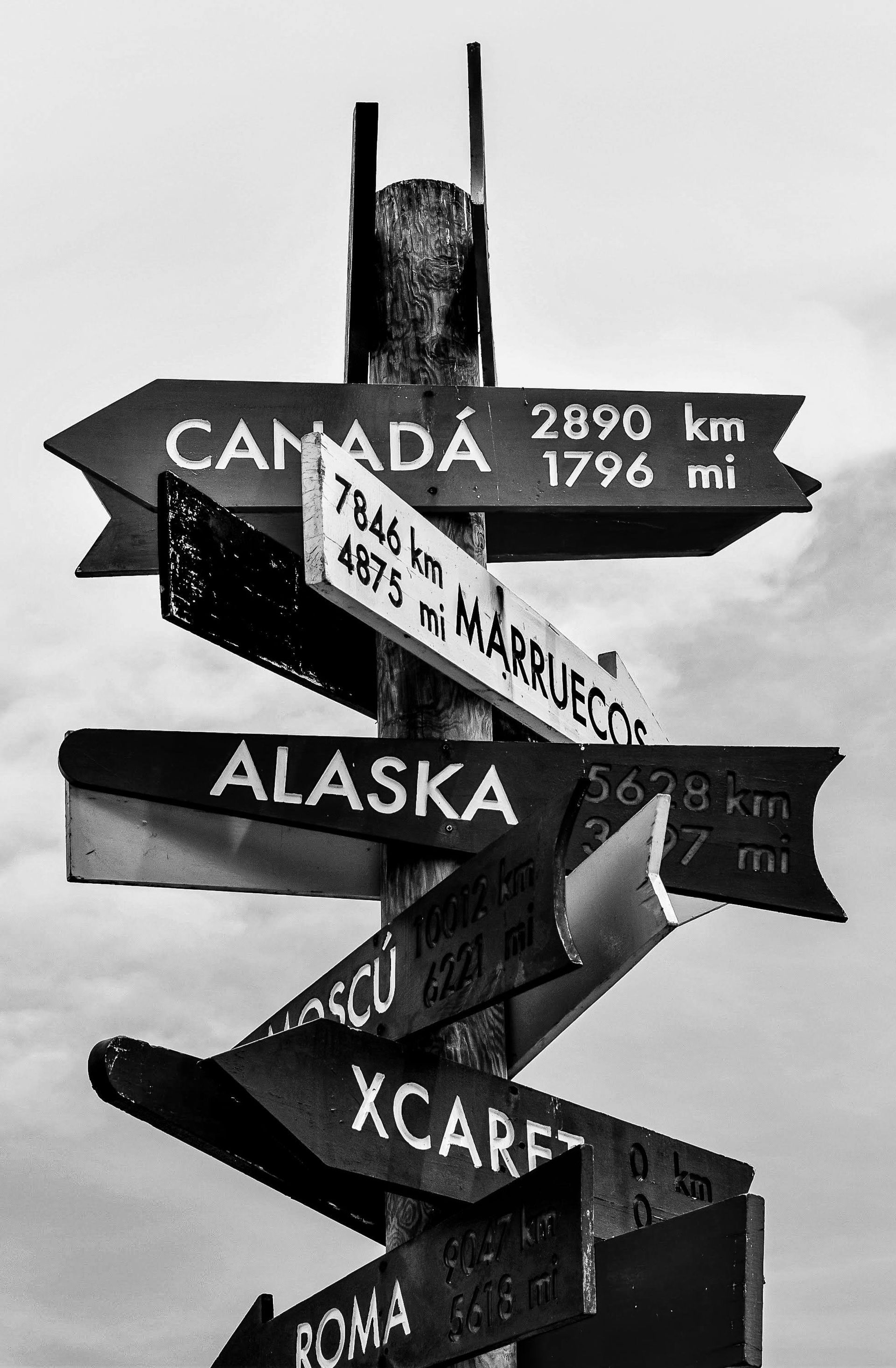Plan your holiday to rocket to recovery
5 ways to ensure your holiday helps you truly recover from the demands of work
Stock footage provided by Freepik, downloaded from videvo.net
I became familiar with the concept of recovery when working with beginning teachers during the COVID era. Two key messages I shared with them were:
- Allocate blocks of time to recovery - Andrew May's Recovery Rocket is one model to consider; and
- Recovery is not just about being physically absent from work, you’ve also got to intentionally engage in activities that allow you to psychologically detach and recover from work.
Many people opt for vacations that provide physical rest, assuming that lounging on a beach or by the pool is the fastest route to recovery. Yet, the paradox of recovery is that, unless your work is physically demanding, mere physical relaxation is not effective at achieving recovery. This might be because, when physically relaxing, devices are always within easy reach, pulling you back into the world of work.
If your job has emotional and cognitive demands, consider putting extra thought into your holiday plans to ensure you achieve the mental separation from work you deserve.
Here’s how to intentionally plan your next holiday to provide you with cognitive and emotional detachment from work:
Skip the e-sim
Having constant connectivity is the quickest way to fall into old habits and engage cognitively and emotionally with work. Instead, rely on Wi-Fi when needed, and use global roaming as a backup if absolutely necessary. You might surprise yourself by how little you need it!
Go off-grid
Choose remote stays with limited reception or Wi-Fi. A number of speciality lodges have now been designed to naturally encourage disconnection and immersion in your surroundings.
Check out
unplugged to book a cabin stay in the UK or Spain.
Leverage time zones
Pick a destination with a time difference that works in your favour. While you sleep, everyone back home is awake. Use Do Not Disturb mode to stay present during your day time hours.
Plan purposeful activities
Multi-day hikes or similar adventures with limited charging opportunities force you to prioritise your device usage for emergencies only. And no, you don’t need a power bank!
Australia has many
multi-day hikes with limited opportunities to recharge your electronic devices.
Engage in physical activity
Unless your job is physically demanding, getting active during your off-season is actually beneficial for your recovery. Physical activity naturally distracts your cognitive and emotional systems; you are less likely to ruminate about work issues while you’re moving.
The right holiday can be more than just a break—it can be a true reset.
How and where do you plan to recover for your next holiday?





